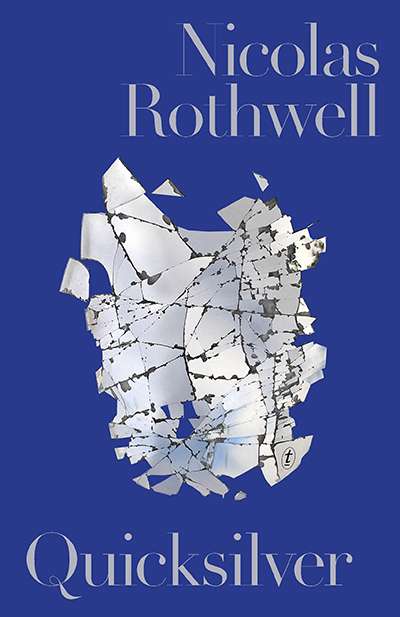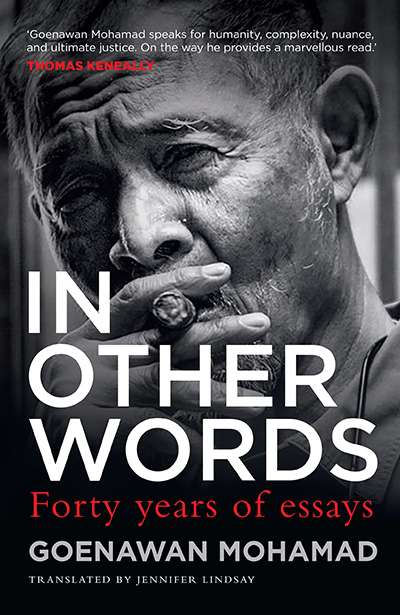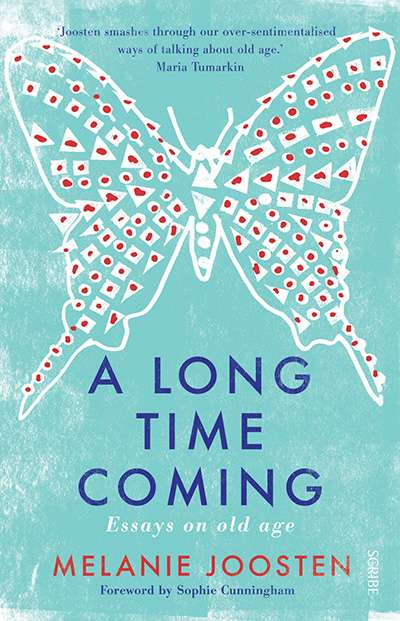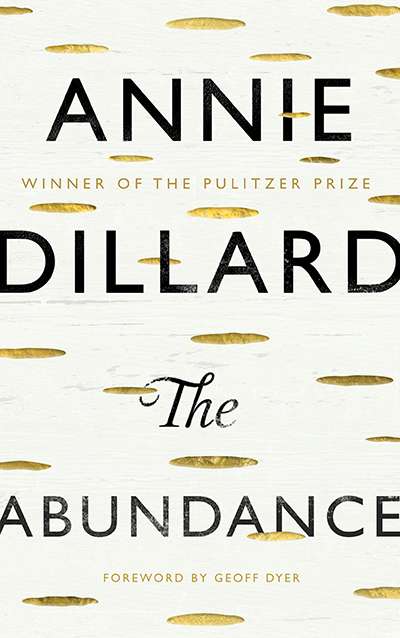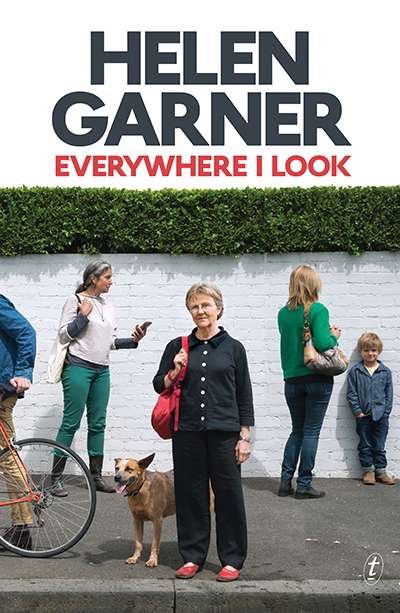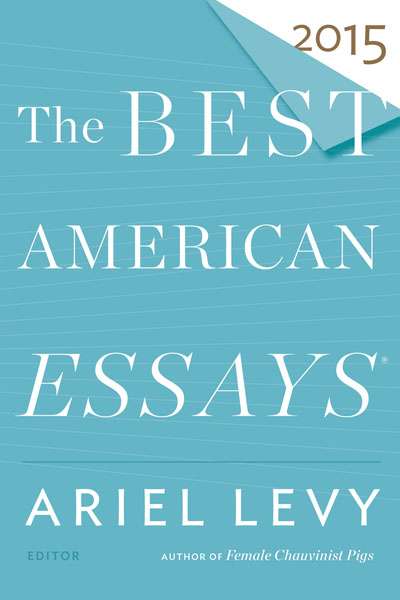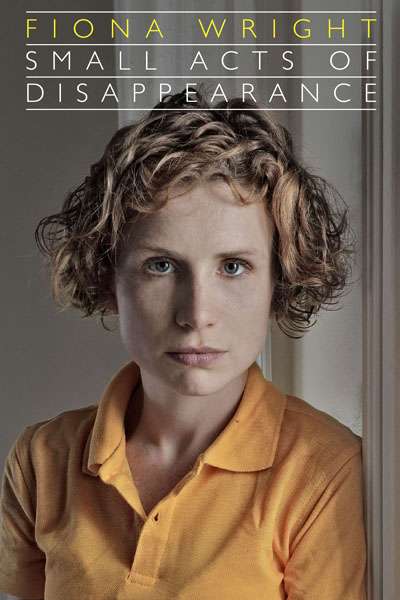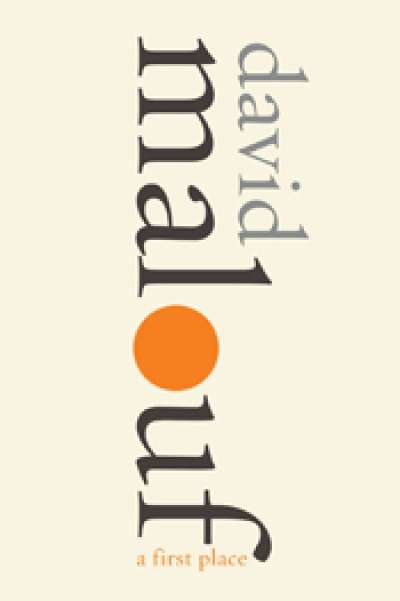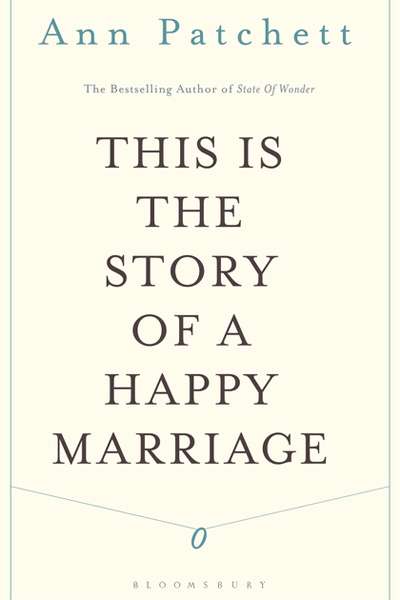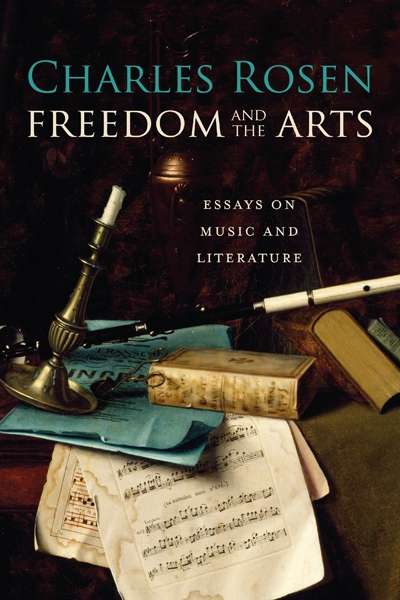Essay collections
In other words: Forty years of essays by Goenawan Mohamad, translated by Jennifer Lindsay
by Satendra Nandan •
A Long Time Coming: Essays on old age by Melanie Joosten
by Patrick Allington •
The Best American Essays 2015 edited by Ariel Levy & The Best Australian Essays 2015 edited by Geordie Williamson
by James McNamara •
Small Acts of Disappearance: Essays on Hunger by Fiona Wright
by Emily Laidlaw •
Freedom and the Arts: Essays on Music and Literature by Charles Rosen
by Michael Morley •

